356 B.C. In Pella, Macedonia, one of history’s greatest conquerors was born: Alexander the Great. Under his rule, Greece would defeat Persia and extend its influence as far as India. Alexander was the son of Philip, King of Macedonian, and the Greek princess Olympia. Young Alexander grew up at court, where he was educated by Greek philosopher Aristotle. At 18 Alexander was already at his father’s side in the battle of Chaeronea, wherein King Philip gained supremacy over Greece. Philip’s great aim was to defeat Darius, King of Persia, Greece’s greatest enemy. But in 336 B.C. Philip was assassinated and his son inherited the throne. Alexander would make his father’s dream a reality. In 334 B.C. Alexander the Great crossed the Dardanelles with an army of 35,000 men. On the banks of the Granicus River, Alexander’s army clashed with the Persians for the first time.
Alexander triumphed by using the Macedon phalanx: a particularly compact military formation armed with long lances called sarissas. The Persian army, headed by king Darius, was forced to retreat. Alexander conquered all of Asia Minor. In the following years he conquered Syria and Phoenicia. In 332 B.C. he entered Egypt, where he founded the city of Alexandria. During his Egyptian campaign, an oracle declared that Alexander was the son of Amun, the Sun God, and was destined to conquer the world. In 331 B.C., in Gaugamela, Mesopotamia, the decisive battle between Alexander’s troops and the army of King Darius of Persia took place. The Greeks were outnumbered: Alexander had less than 50,000 men; Darius had more than 200,000, including war chariots and elephants. Alexander divided his troops, forcing the Persian army to fight on several fronts. In the end, the Persians were defeated. The entire empire fell into Alexander’s hands.
Having gained control over such a vast kingdom, Alexander came to believe he truly was of divine origin. He ordered his subjects to worship him not as a king, but as a god. In 327 BC Alexander marched all the way to northern India, intending to cross the Ganges. But while the King considered himself a god, his soldiers were mere mortal men. Exhausted by years of unending war, they refused to follow him. Alexander was forced to turn back. Alexander the Great died on June 13, 323 BC in Babylon, felled by a mysterious fever. He was only 33. He was buried in a golden sarcophagus in Alexandria. There was no real heir to his empire, which split into independent kingdoms. But he remained an inspiration to other great leaders like Julius Caesar for centuries.
Alexander triumphed by using the Macedon phalanx: a particularly compact military formation armed with long lances called sarissas. The Persian army, headed by king Darius, was forced to retreat. Alexander conquered all of Asia Minor. In the following years he conquered Syria and Phoenicia. In 332 B.C. he entered Egypt, where he founded the city of Alexandria. During his Egyptian campaign, an oracle declared that Alexander was the son of Amun, the Sun God, and was destined to conquer the world. In 331 B.C., in Gaugamela, Mesopotamia, the decisive battle between Alexander’s troops and the army of King Darius of Persia took place. The Greeks were outnumbered: Alexander had less than 50,000 men; Darius had more than 200,000, including war chariots and elephants. Alexander divided his troops, forcing the Persian army to fight on several fronts. In the end, the Persians were defeated. The entire empire fell into Alexander’s hands.
Having gained control over such a vast kingdom, Alexander came to believe he truly was of divine origin. He ordered his subjects to worship him not as a king, but as a god. In 327 BC Alexander marched all the way to northern India, intending to cross the Ganges. But while the King considered himself a god, his soldiers were mere mortal men. Exhausted by years of unending war, they refused to follow him. Alexander was forced to turn back. Alexander the Great died on June 13, 323 BC in Babylon, felled by a mysterious fever. He was only 33. He was buried in a golden sarcophagus in Alexandria. There was no real heir to his empire, which split into independent kingdoms. But he remained an inspiration to other great leaders like Julius Caesar for centuries.
RELATED
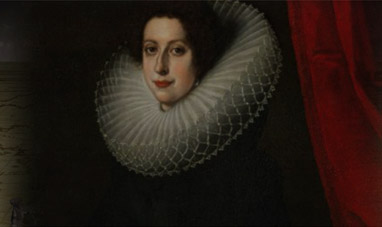

CATHERINE DE MEDICI
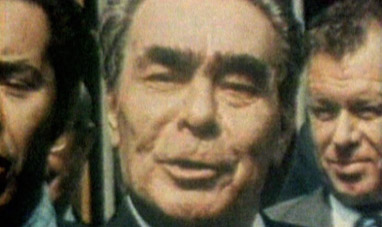

LEONID BREZHNEV


JOHN EDGAR HOOVER
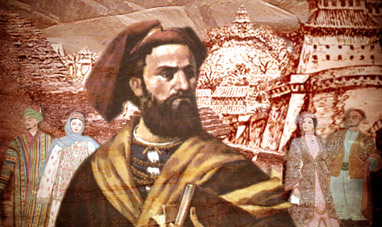

MARCO POLO


CHARLES DE BEAUMONT, CHEVALIER D'EON


DENG XIAOPING
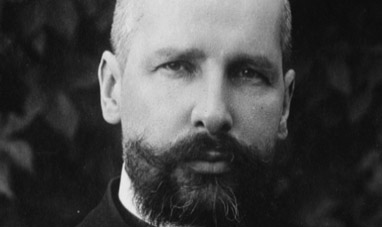

PYOTR STOLYPIN
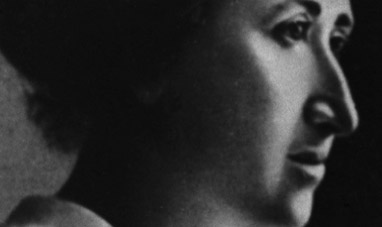

ROSA LUXEMBURG
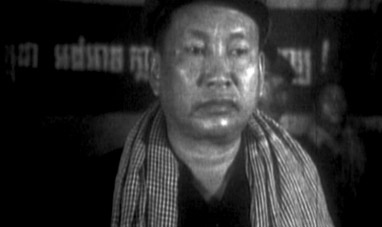

POL POT
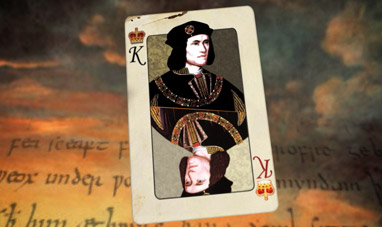

RICHARD III
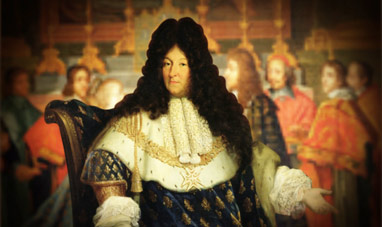

LOUIS XIV, THE SUN KING
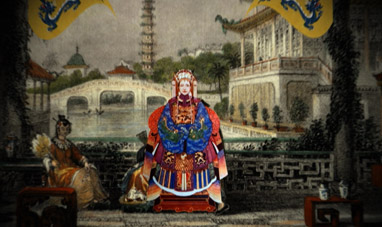

CIXI, DOWAGER EMPRESS OF CHINA


RUHOLLAH KHOMEINI
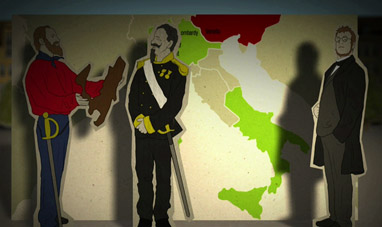

CAMILLO BENSO, COUNT OF CAVOUR
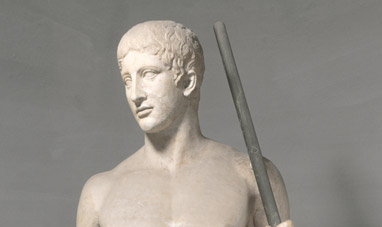

POLYCLEITUS
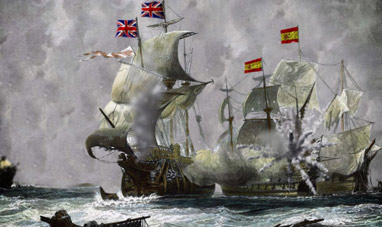

FRANCIS DRAKE
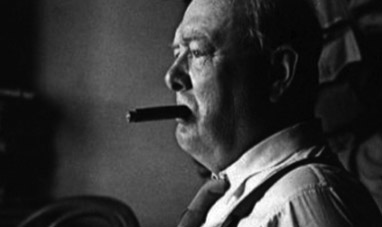

WINSTON CHURCHILL
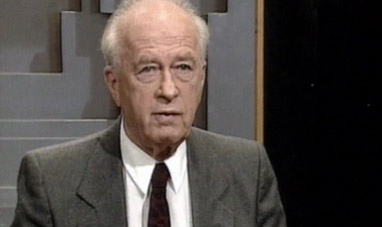

YITZHAK RABIN


GORDON ARNOLD LONSDALE
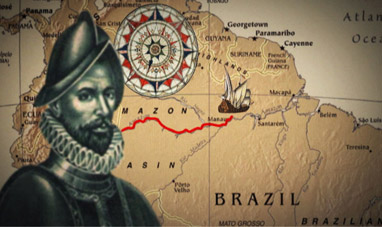

FRANCISCO DE ORELLANA
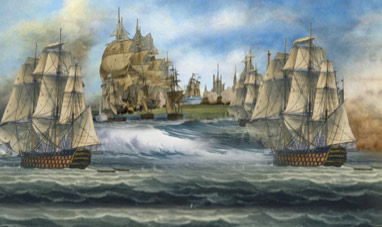

ZHENG HE


MEDEA
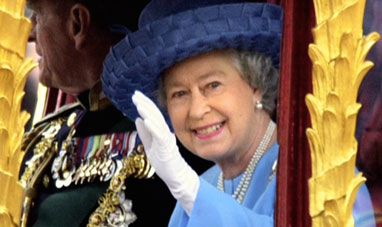

ELIZABETH II
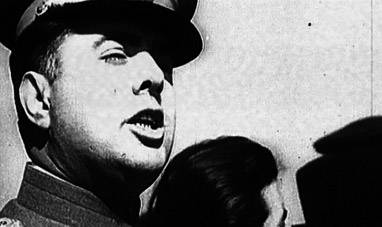

ENVER HOXHA
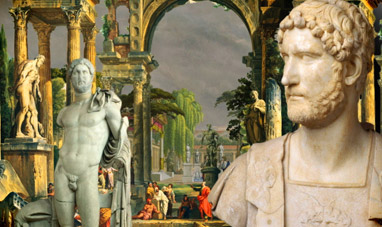

HADRIAN
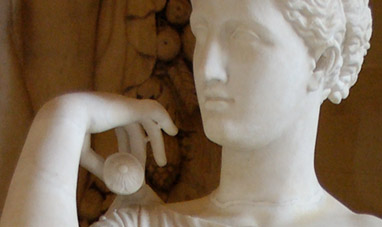

PRAXITELES


ROSENBERGS, THE


KOFI ANNAN
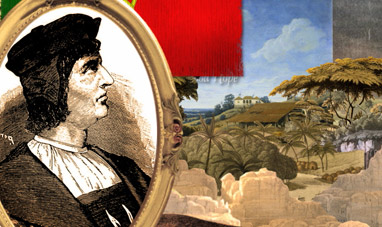

BARTOLOMEU DIAS


VASILI NIKITICH MITROKHIN


TONY BLAIR
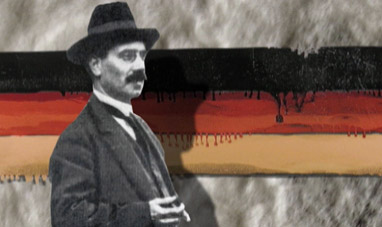

KARL LIEBKNECHT
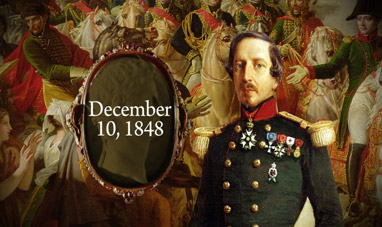

NAPOLEON III
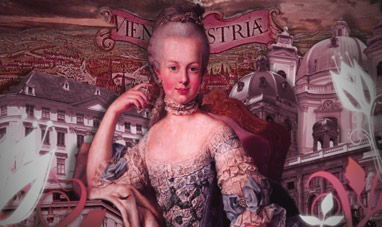

MARIE ANTOINETTE
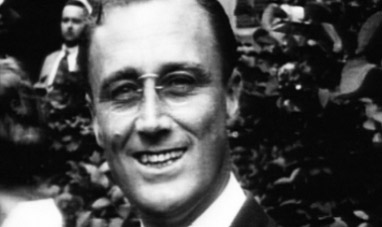

FRANKLIN DELANO ROOSEVELT
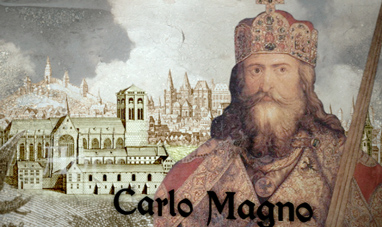

CHARLEMAGNE
